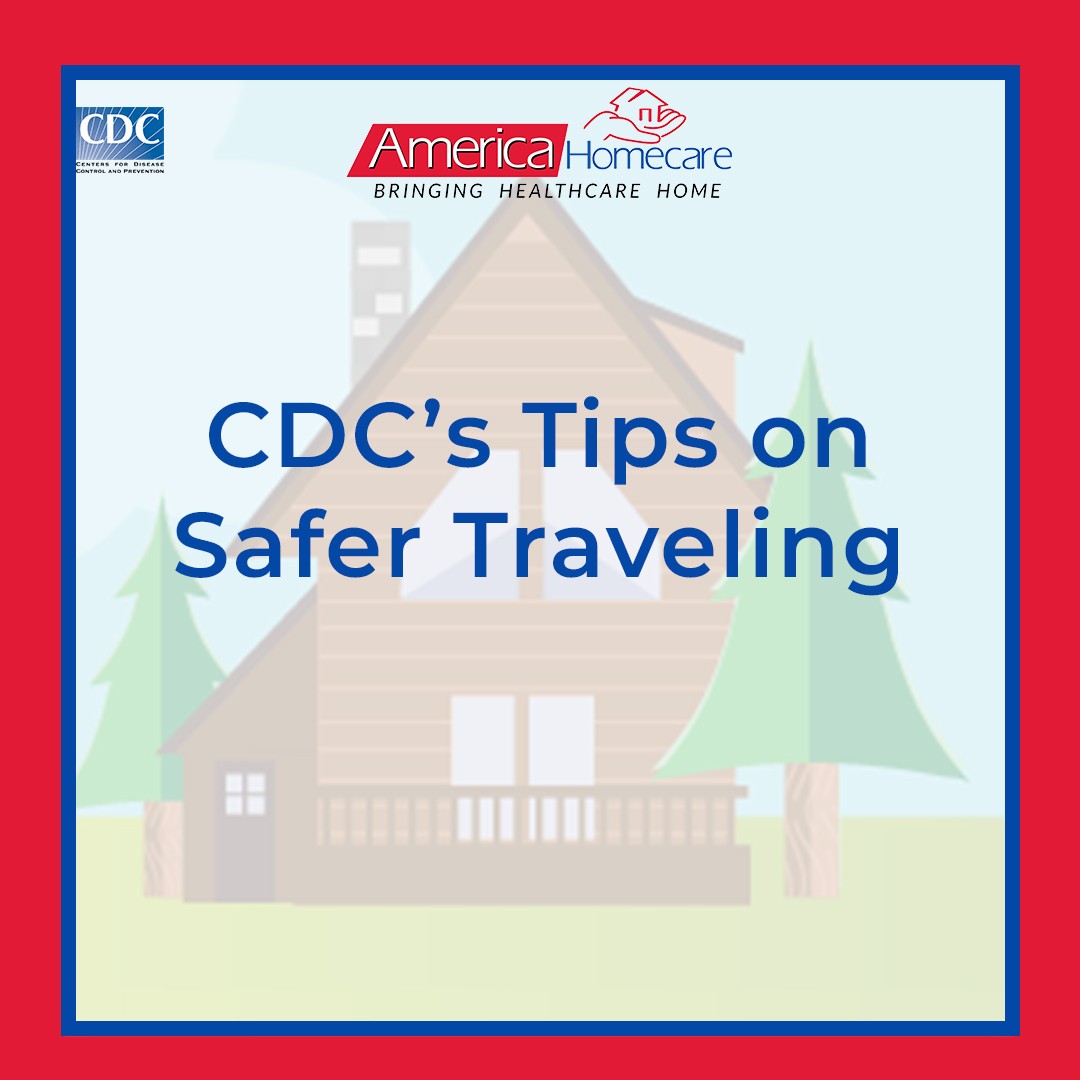CDC’s Safer Travel Tips

Since more and more people are getting their COVID-19 vaccines, traveling might be a concern for many. The CDC has some safer travel tips and guidelines to protect yourself and others.
Remember that you are considered fully vaccinated after two weeks since your J&J shot or second dose of Moderna or Pfizer shots.
Starting March 30, all NY residents aged 30 and up will be able to schedule and receive their vaccines. On April 6, this will expand to include New Yorkers aged 16 and over.
Pfizer-BioNTech Vaccine
- Name: BNT162b2
- Manufacturer: Pfizer, Inc., and BioNTech
- Number of shots: 2 shots, 21 days apart
- How it’s given: Shot in the muscle of the upper arm
- Does not contain: eggs, preservatives, or latex
Moderna Vaccine
- Name: mRNA-1273
- Manufacturer: ModernaTX, Inc.
- Number of shots: 2 shots, one month (28 days) apart
- How it’s given: Shot in the muscle of the upper arm
- Does not contain: eggs, preservatives, or latex
Janssen/J&J Vaccine
- Name: JNJ-78436735
- Manufacturer: Janssen Pharmaceuticals Companies of Johnson & Johnson
- Number of shots: 1 shot
- How it’s given: Shot in the muscle of the upper arm
- Does not contain: eggs, preservatives, or latex
- The J&J/Janssen vaccine is recommended for people aged 18 years and older.
The CDC suggests to get the first vaccine available to you. Do not wait for a specific brand as it also does not recommend one vaccine over another. All COVID-19 vaccines are safe and effective.
Since COVID-19 is spread from close personal contact, the amount of contact you have with others in the details of your trip(s) affect your safety. The type of transportation you use, the accommodations, and your activities determine your risk of getting or spreading the disease. It is strongly recommended you delay travel until you are fully vaccinated. Choosing safer travel options can protect yourself and others even after it’s been two weeks of your vaccine.
Regardless of your vaccination status, you should still follow these steps when leaving your home.
- Wear a mask over your mouth and nose when in public.
- Wash your hands or use hand sanitizer (that is at least 60% alcohol).
- Stay six feet away from others.
Contact
- Safer: contact with just fully vaccinated people and/or just your household
- Less Safe: contact with unvaccinated people or people not in your household
- Avoid: crowds
Traveling
- Safer: short road trips with fully vaccinated people and/or just your household or flights with little stops or layovers
- Less Safe: longer car/RV trips with unvaccinated people or people not in your household, longer car/RV trips with many stops, or flights with layovers
- Avoid: long-distance bus/train trips traveling on cruise ships or river boats
Accommodations (be sure to check the location’s COVID-19 practices before you go)
- Safer: staying in a house or cabin with fully vaccinated people and/or your household and visiting a fully vaccinated family member’s or friend’s house
- Less Safe: hotels or multi-unit guest lodgings with common areas, visiting an uvaccinated person’s house, or renting/staying in a house with people who aren’t vaccinated or in your household
- Avoid: sharing spaces with many people or sharing bathroom facilities (ex: dorm-style hostel)
Food (check the restaurant’s COVID-19 practices)
- Safer: getting takeout, bringing your own food or drinks, and using drive-thru, delivery, curb-side pickup options while wearing a mask
- Less Safe: outdoor dining at a social distanced restaurant where the workers wear masks and indoor dining at a well-ventilated, social distanced restaurant where the workers or people not eating wear masks
- Avoid: self-service options like buffets and eating inside poorly-ventilated restaurants that do not practice social distancing or require masks
Camping
- Safer: camping with people who are fully vaccinated or from your household only and not sharing facilities with people outside of your household
- Less Safe: sharing tents or facilities with people who are not fully vaccinated, not social distancing when interacting with unvaccinated people, or interacting with people who do not wear masks
- Avoid: camping in large dorm-style settings with many people and shared facilities or interacting with people who do not social distance OR wear masks

Get care from someone you trust
Do you want to receive care from your
loved one while they are compensated
by Medicaid?